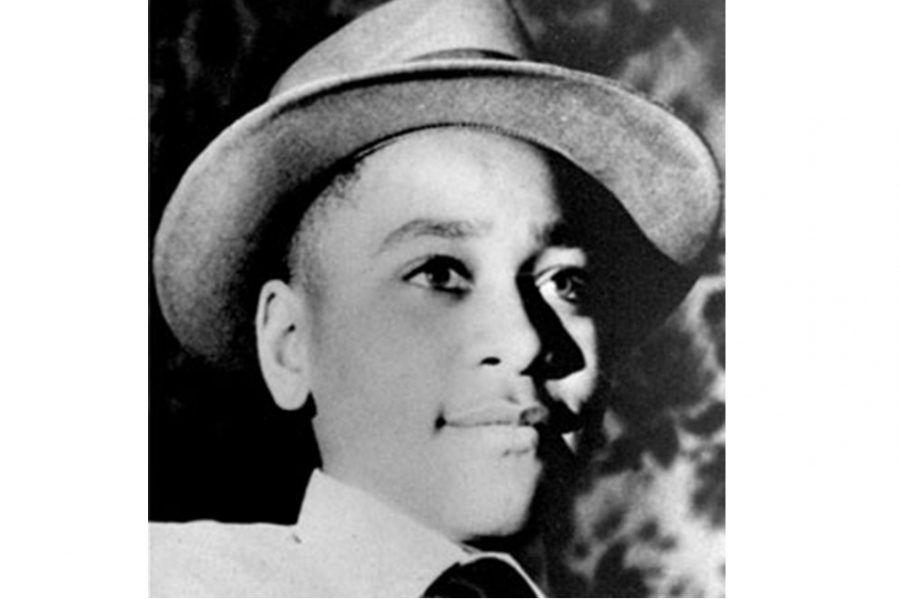Emmett Till’s murder played a role in the Civil Rights Act of 1957
IMAGE / Wikimedia Commons
Fourteen-year-old Emmett Till, from Chicago, visited his uncle in Money, Mississippi during the summer of 1955. Till was murdered on Aug. 28 that summer.
Emmett Till is a young black boy who will never be forgotten.
At the age of 14, Till was murdered by two white men after they accused him of flirting with a white woman.
Supposedly, Till took Mrs. Carolyn Bryant by the waist, said an inappropriate comment, and walked out of a store while whistling at her.
The two men, Roy Bryant and J.W. Milam, tortured, murdered, and then dumped Till’s body into the Tallahatchie River.
Both men were acquitted of the crime at the time but later confessed to it.

Emmett Till’s body was found in the Tallahatchie River in 1955.
However, they could not be punished for it. The law against double jeopardy states that if you already have been acquitted innocent of a crime, then the government cannot go back and convict you of that same crime.
Till’s murder was one of the reasons that the Civil Rights Act of 1957 was passed.
It allows the U.S. Department of Justice to intervene in local law enforcement issues when civil rights are compromised.
This case went down in history as one of the biggest motivators of the civil rights movement.
Till’s case also has left a large imprint on black history.
Only 100 days after Till’s murder, Rosa Parks refused to give up her seat on an Alabama city bus.
Till’s murder impacted children who were young around this time.
Mrs. Betty Louise Deloach, grandmother of freshman Sydney Walker, was a child when this tragic event unfurled.
“When he was killed it was a shock to the nation and it was a catalyst for the emerging civil rights movement,” Deloach said.
Black parents were afraid that their children would be harmed just like Till.
“I am sure that my parents kept me close to them because of what happened,” Deloach said. “They were afraid for their children.”

Sophomore
Birthday: May 20, 2001
Extracurricular activities: Student Council
Interests: I love animals, reading, drawing, and listening to music
...














